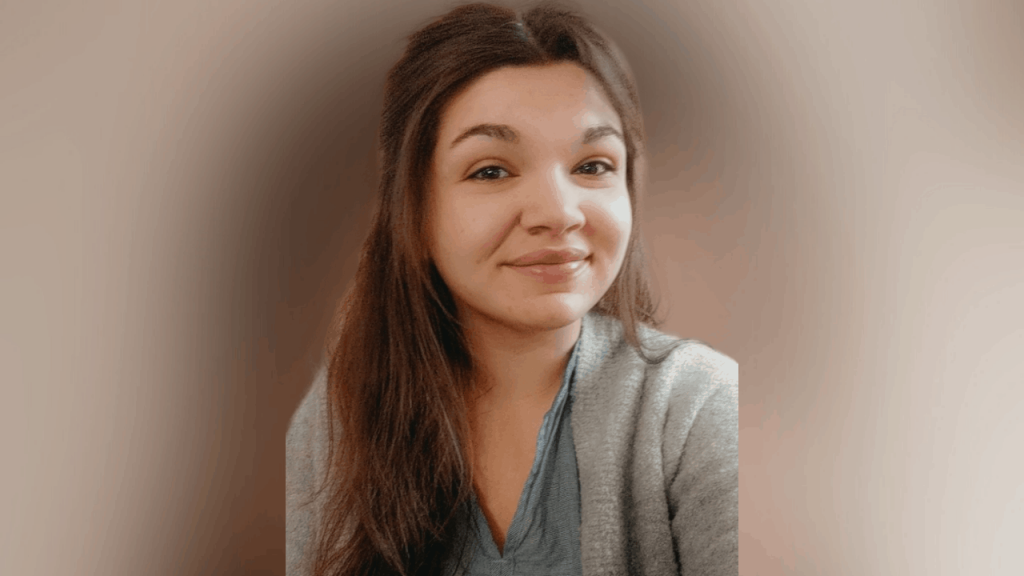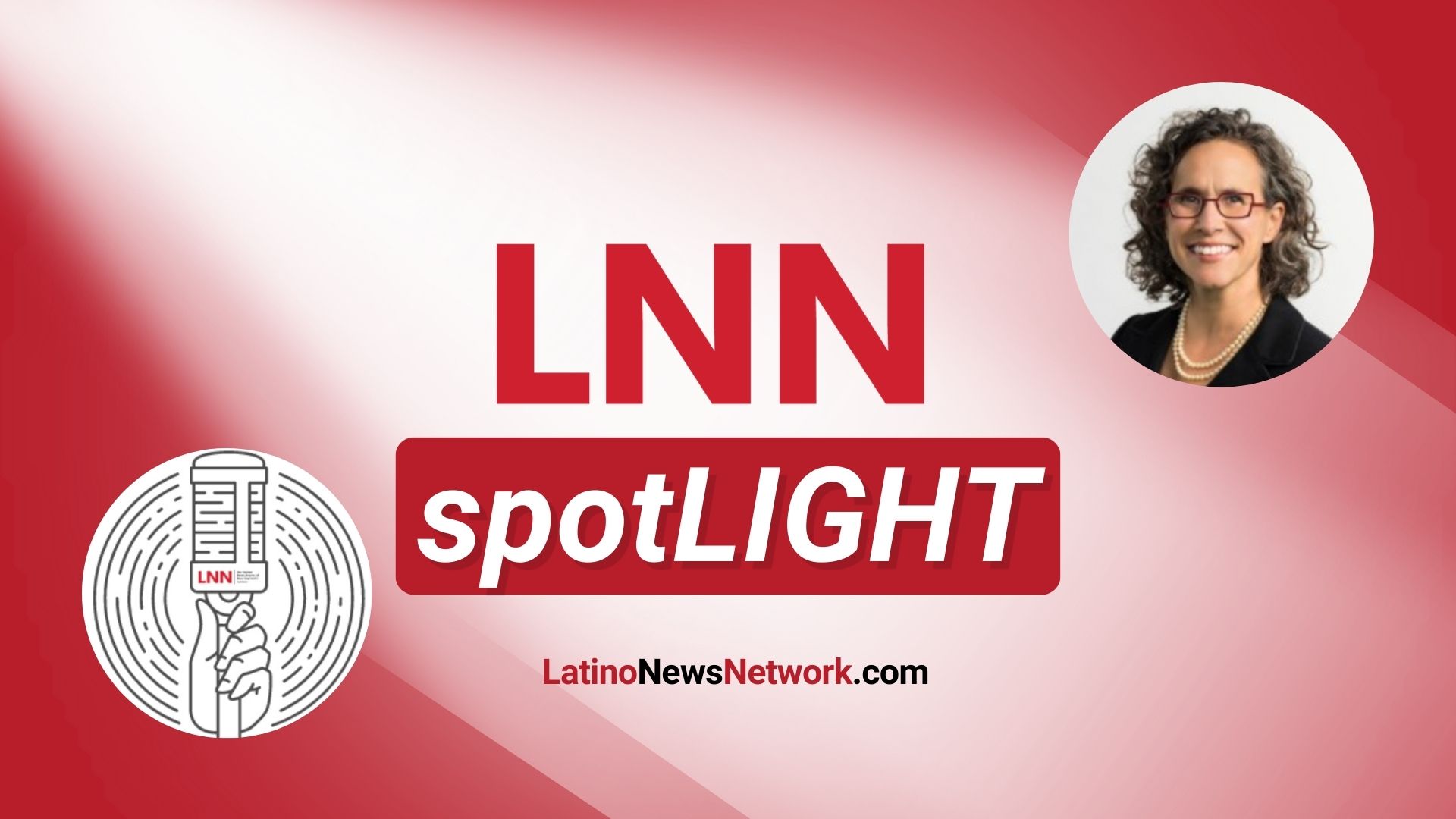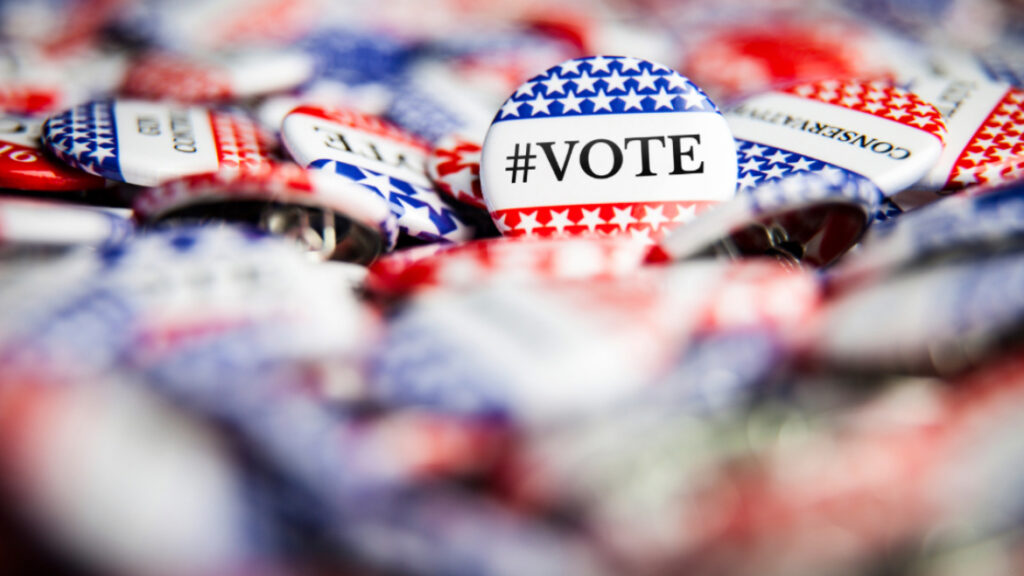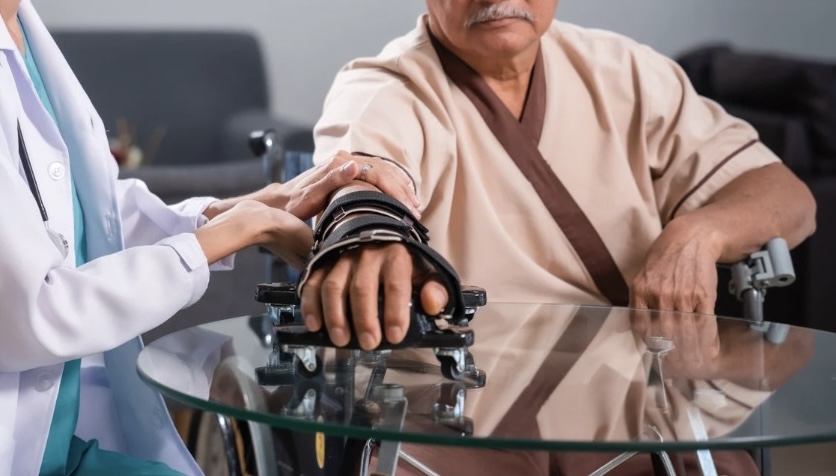Welcome to this week’s episode of NHLN Opinion+ where we talk about major issues the Latinx and underrepresented communities face in the New Hampshire community.
This week’s featured guest was Katie Parent, Director of Programs and Community Outreach for YWCA (Young Women’s Christian Association) New Hampshire.
The issues of domestic violence and human trafficking are universal and come in all shapes and forms.
“Domestic violence and human trafficking can happen to anyone including natives of New Hampshire,” said Parent during the interview. It is important to know that domestic violence and human trafficking don’t just happen to women. These issues have been prevalent to men, transgenders, and those that consider themselves nonbinary. Acknowledging this is important in tackling the traditional stereotype that only women face domestic violence and human trafficking.
There are twelve YWCA centers across the state of New Hampshire that provide support services such as a 24/7 hotline, emergency shelter, emotional support, and emergency services. The YWCA wants to provide resources to underrepresented groups and give them the resources they need to succeed.
Undocumented immigrants have access to the same services as anyone else. Undocumented students face issues within affording long-term shelter which contributes to them using emergency shelter more often than others. This shows that the issues of permanent living for undocumented immigrants must be addressed as they are the ones who spend the most time in emergency shelters and have limited access to any form of long-term housing.
The pandemic has limited communication between non-English speakers as the number of in-person services was limited. “We provide language services for non-English speakers, but it is difficult to communicate with them over the phone during the pandemic,” explained Parent.
YWCA has partnered with Southern New Hampshire University to provide educational programs for the most vulnerable populations to ignite college aspirations within these groups. Many people who come from marginalized groups aren’t equipped with the tools to pursue college opportunities or aren’t exposed to a positive environment to believe that college is possible. Educational resources and mentorship programs for marginalized groups can help promote equality for the underprivileged.
theWELL program offers a wide variety of programs for members of the community. They consist of English learning courses, fitness classes, and wellness classes to promote a balanced lifestyle. This is an important aspect to add to a service-based organization as it fosters community for the people it serves and promotes personal growth.
The YWCA has done a significant amount of work in building community within the groups they serve. Providing all of the resources that were mentioned and quality service allows these groups to build community with those that serve them. This is important because of the fear that is inflicted on marginalized groups through the media. Using these resources and reaching out to community members and meeting their needs will contribute to positive relationships and equal opportunities.
Resources mentioned in the video:
YWCA New Hampshire: ywcanh.org
theWell program: ywcanh.org/thewell/
Follow YWCA New Hampshire on social media: Facebook, Twitter, and Instagram
Learn about Volunteer Opportunities with YWCA New Hampshire: ywcanh.org/career-volunteer-opportunities/




